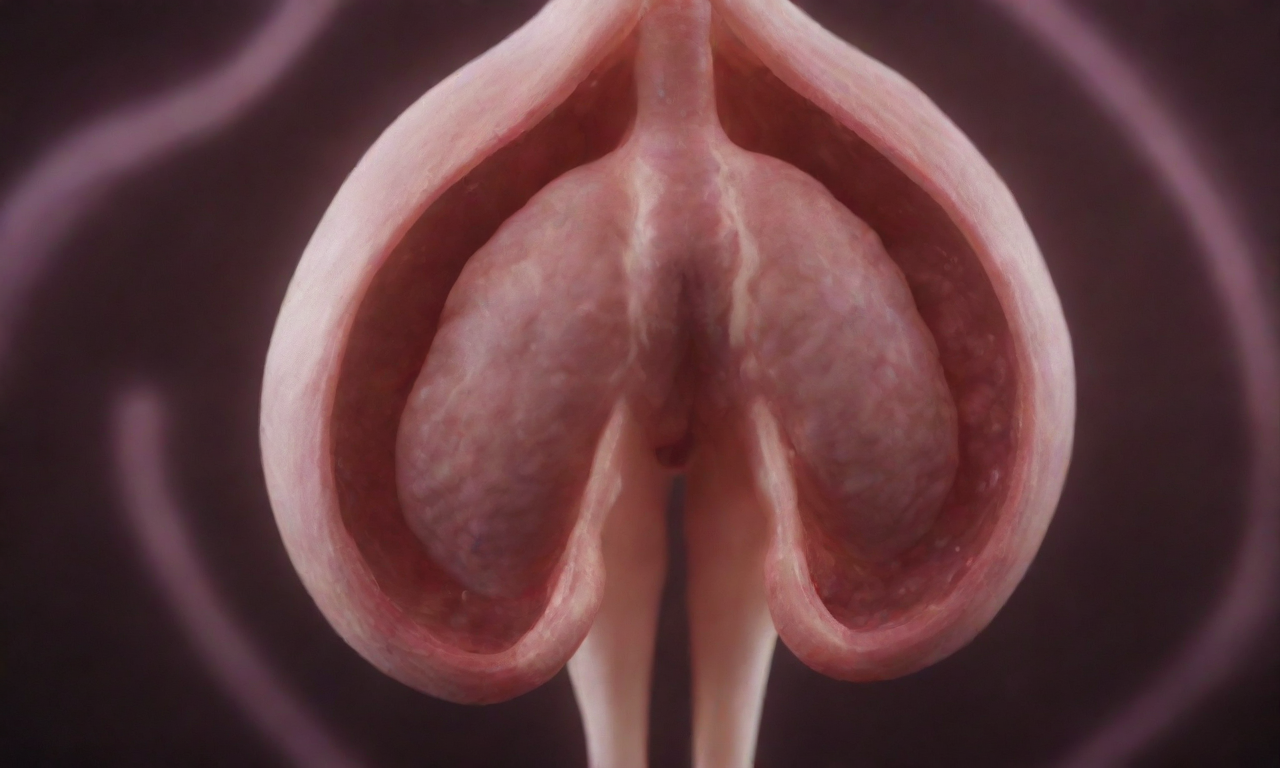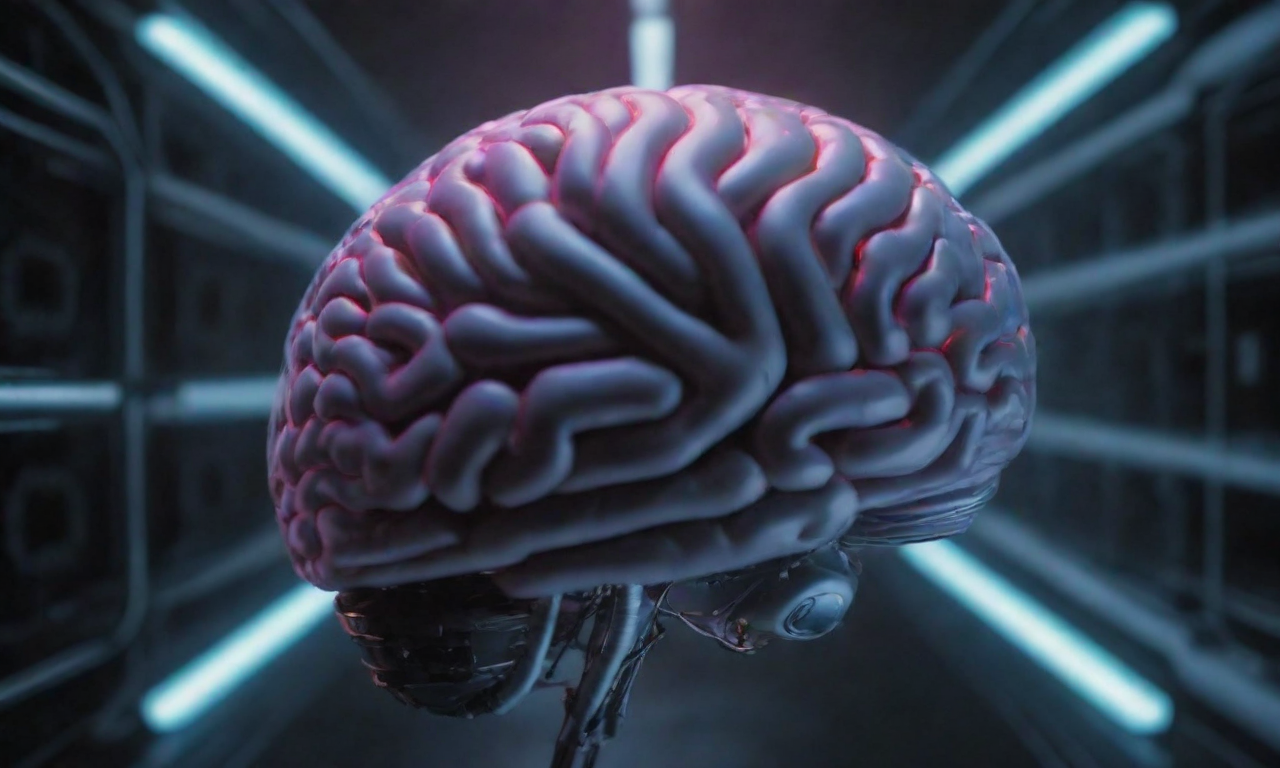Compiled by | Li Muzi
Driving with your loved one to have dinner together, a large amount of dopamine floods into the brain's reward center, motivating you to bravely face the traffic. But a new study published on January 12th in "Current Biology" by neuroscientists suggests that if it's just a colleague you're having dinner with, this "flood" may be more like a trickle."Essentially, what we found are the biological features of desire, which helps explain why we prefer to be with certain people." Zoe Donaldson, the lead author of the paper and an associate professor at the University of Colorado Boulder, said.The study focused on prairie voles. What's unique about them is that they are monogamous mammals.Just like humans, these furry, big-eyed rodents have long-lasting marriages. They share a home and co-parent their offspring, and they experience a similar grief as humans do when they lose their partners.By studying them, Donaldson hopes to gain new insights into what exactly happens in the human brain that makes intimate relationships possible, and how people overcome the loss of intimate relationships from a neurochemical perspective.This new study shows for the first time that the neurotransmitter dopamine plays a key role in maintaining romantic passion."Essentially, the entire human society is essentially governed by varying degrees of selective desire, whether it's with a lover or a close friend." Donaldson said, "This study suggests that certain individuals leave unique chemical imprints in our brains, prompting us to maintain these connections over time."In this study, Donaldson and her colleagues used state-of-the-art neuroimaging techniques to measure in real-time what happens in the brains of voles when they attempt to approach their partners.In one scenario, the vole had to press a lever to open the door to the room where their partner was. In another scenario, it had to climb over a fence to be with its partner.At the same time, a tiny fiber optic sensor tracked the activity of the vole's nucleus accumbens in milliseconds, an area of the brain responsible for motivating animals to seek rewards, including water, food, and even drugs. Human neuroimaging research has shown that the nucleus accumbens lights up when we hold hands with our partners.Anne Pierce, the first author of the paper, explained that whenever the sensor detected a surge in dopamine, the nucleus accumbens would "light up like a glow stick". When the vole pressed the lever or climbed over the fence, the neural fibers would "light up in a frenzy".When they reunited, they cuddled and sniffed each other. In contrast, when a random vole stayed on the other side of the door or wall, the "glow stick" would dim.Pierce said, "This suggests that dopamine is not only important for motivating us to seek partners but also that the release of dopamine in the brain's reward center is greater when we are with our partners compared to being with strangers."In another experiment, the vole couple was separated for 4 weeks - a very long time for rodents - enough time for wild voles to find another partner. When they were reunited, although they remembered each other, the signature dopamine surge almost disappeared. Essentially, this meant that their desire had vanished, and in terms of the brain, the former partner was no different from other voles."We believe this is a reset of the brain that enables animals to move forward and potentially form new relationships." Donaldson said, which could be good news for people who have experienced painful breakups or even the loss of a spouse, as it indicates that the brain has an inherent mechanism to protect humans from the endless pain of unrequited love.The researchers believe that this study may eventually have significant implications for those who struggle to develop intimate relationships or overcome the pain of losing loved ones. "We hope to find new treatments by understanding what healthy connections look like in the brain and helping those with social-impacting mental illnesses." Donaldson said.Related paper information:
https://doi.org/10.1016/j.cub.2023.12.041
The China Science Daily (2024-01-19, 2nd Edition, International)Editor | Zhao LuTypesetting | Guo GangPlease scan the QR code below for 3 seconds to identify








